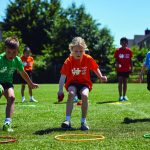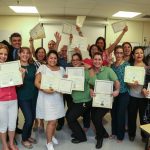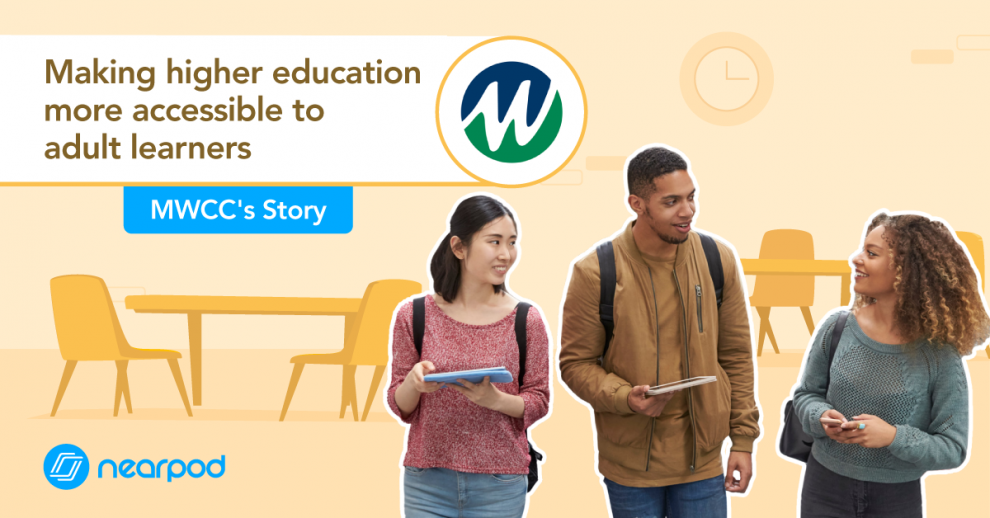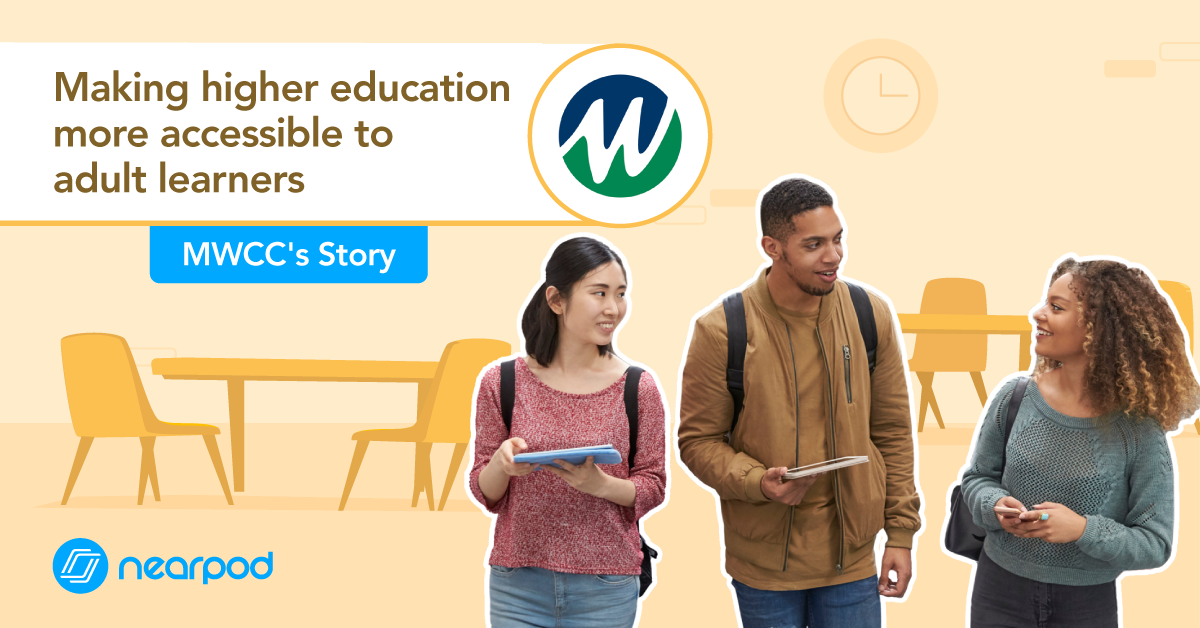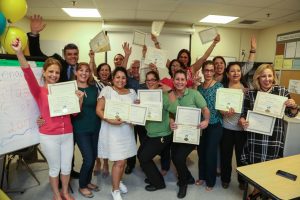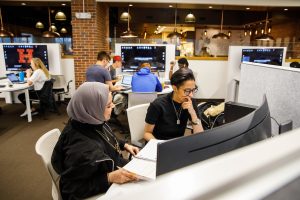After years or decades in the workforce, returning to college poses unique rewards and challenges for adult learners. Navigating admissions, technology, academics, campus life, and competing responsibilities requires planning and support. With strong motivation driving their pursuit of new opportunities, adults can overcome obstacles through preparation, resourcefulness, and resilience. Universities play a key role in smoothing their transition through targeted first-year programming.
Benefits of Returning to College as a Mature Student
Adults seek renewed education for several reasons:
- Career advancement – Learn new skills to progress in a current career or switch fields
- Job security – Remain competitive as industries rapidly evolve
- Post-retirement enrichment – Pursue intellectual passions
- Improved finances – Increase earnings potential long-term
- Personal fulfillment – Meet educational goals previously deferred due to life circumstances
- New social connections – Meet diverse people across generations after workplace retirement
- Health benefits – An engaged mind contributes to longevity and life satisfaction
According to a University of Michigan study, graduates over 50 who return to school report improved finances, cognitive ability, social connections, and life contentment.
Potential Challenges Facing Returning Adult Learners
However, returning to academics after years away also poses hurdles:
- Technology skills – Learning new devices, programs, apps, and virtual systems
- Academic rustiness – Reactivating study and test taking skills that have weakened
- Balancing responsibilities – Juggling school on top of family and professional obligations
- Social integration – Relating to younger classmates with different lifestyles and perspectives
- Physical changes – Managing age-related declines in stamina, vision, hearing, and cognition
- Lacking support systems – Missing traditional campus rites of passage and peer networking
- Financial constraints – Affording tuition, books, and foregone wages from reducing work hours
According to an analysis in The Journal of Continuing Higher Education, “Targeted first-year programming is crucial to overcoming integration barriers facing returning adult students.”
Planning Ahead for a Smooth Transition
Anticipating hurdles allows proactive preparation to aid adjustment:
- Visit campuses to find an optimal culture fit
- Complete financial aid paperwork early to maximize available assistance
- Speak to advisors to strategically balance course loads and responsibilities
- Arrange family/work schedules to free up dedicated study time
- Read assigned texts ahead and review foundational concepts to revive academic skills
- Tour the library and IT help desk to get comfortable with campus resources
- Explore public transportation options and parking if commuting
- Join online campus networking and social groups before classes start
- Seek accommodations like assistive technology if needed to offset abilities impacted by aging
- Share your journey to motivate and gain insight from friends also considering returning
According to education scholars, “Adult learners exhibit resourcefulness, determination, and life experience that helps them adapt to university life’s demands.”
Institutional Support for Adult Learner Success
Alongside student resilience, universities further facilitate the transition through:
- Admissions/enrollment coaches who guide navigating paperwork and unfamiliar processes
- Orientations focused on the needs of mature students
- Targeted academic advising and career counseling
- Physical spaces dedicated for non-traditional students to connect
- Online learning options with flexible scheduling for students balancing other priorities
- Evening, weekend and accelerated course offerings
- Streamlined credit transfer policies recognizing applicable life and work experience
- Curricular bridging supports to refresh writing, math, research, and technical skills
- Peer mentoring programs matching new students with experienced adult learners
- Affinity groups fostering community like Parents on Campus clubs
- Workshops on study habits, test strategies, time management, and college expectations
According to higher education experts, “Targeted outreach and services facilitate adult learners acclimating and finding kindred social support amidst predominately younger peers.”
In conclusion, while returning to college later in life presents unique challenges, the motivations and life wisdom driving this pursuit can power students through obstacles. With grit, guidance, and responsive institutional support, adult learners access rich new trajectories, networks, and possibilities through higher education.



